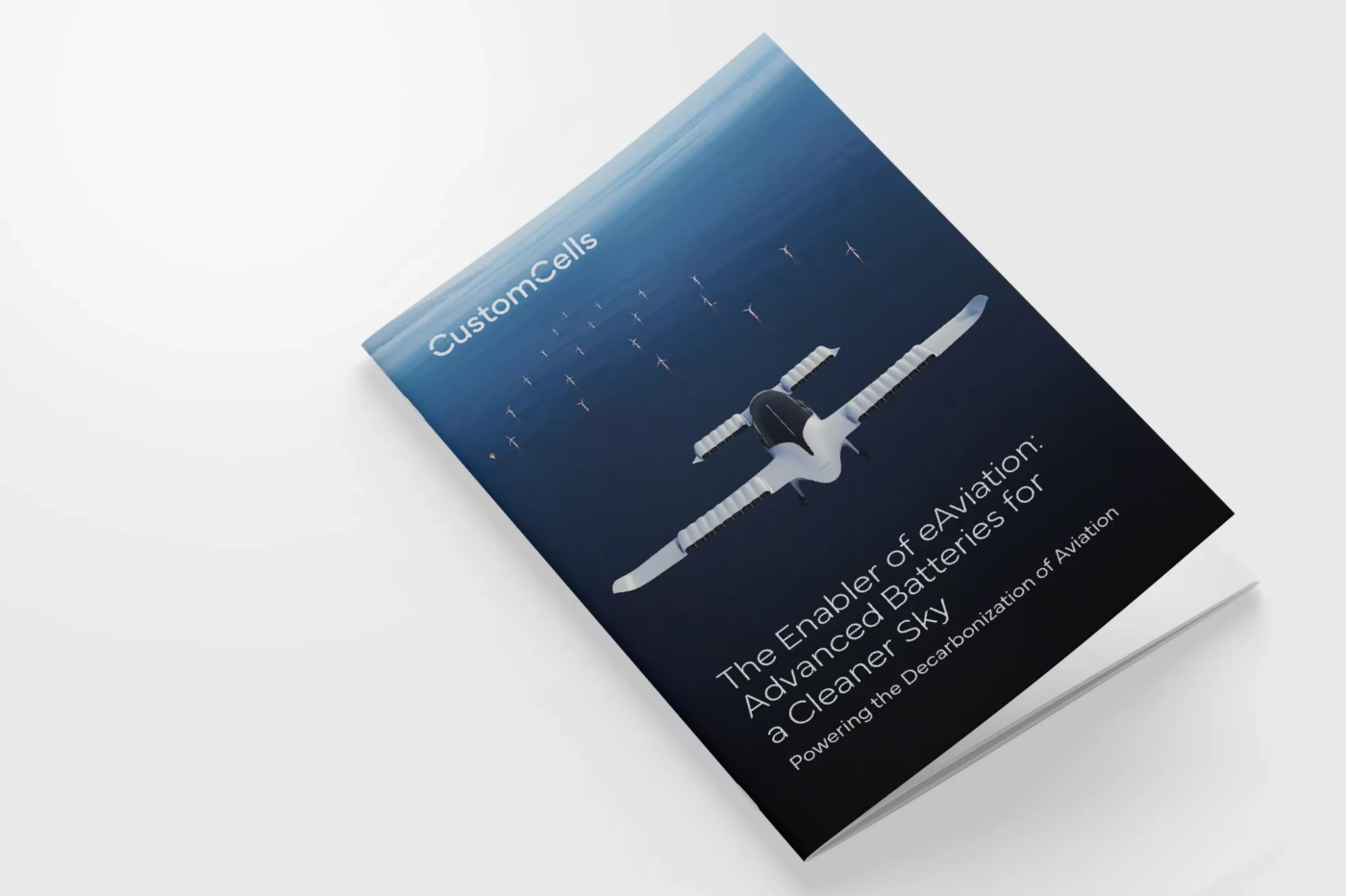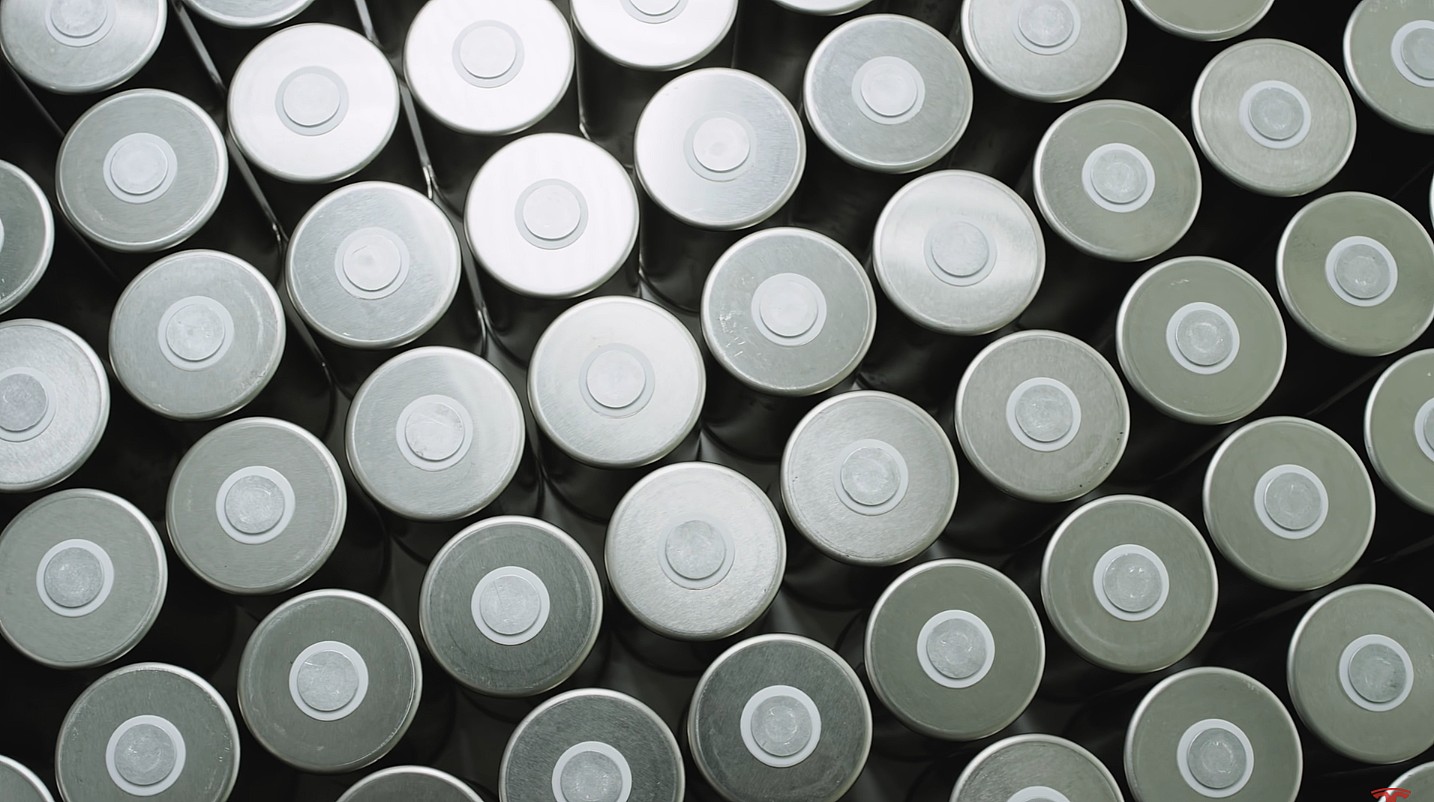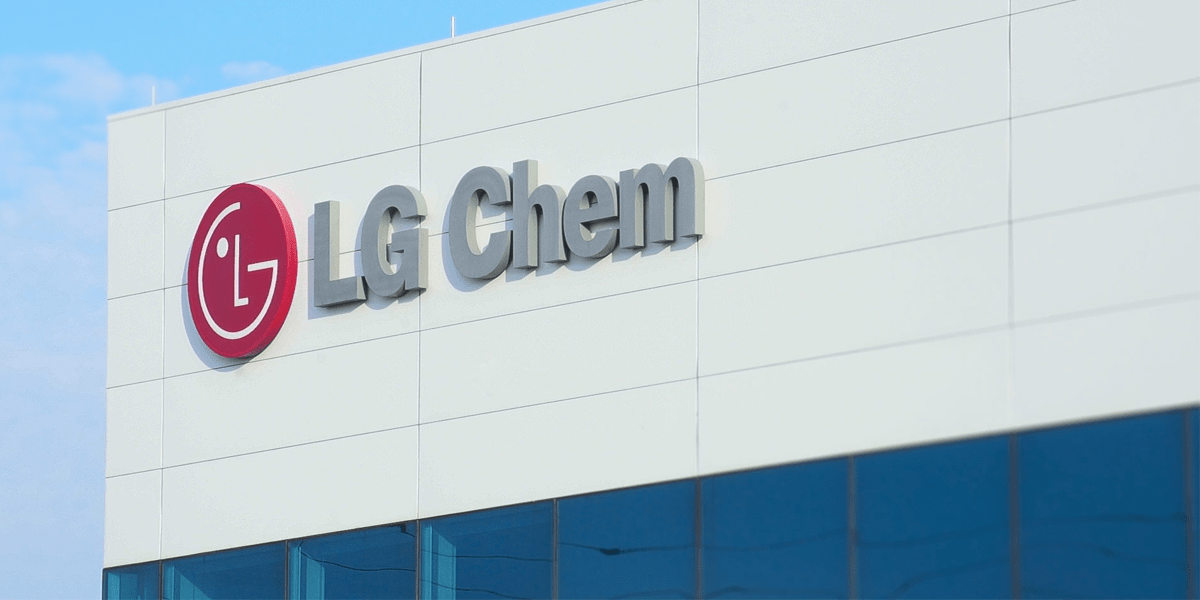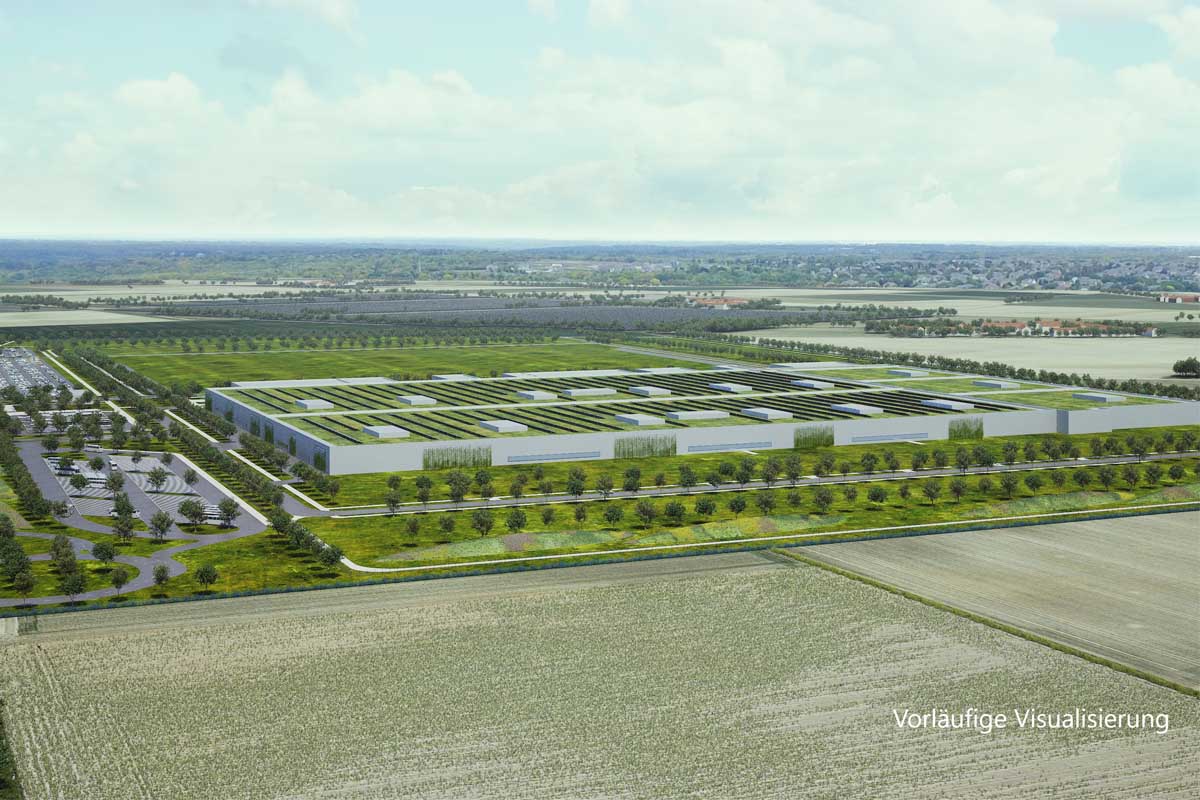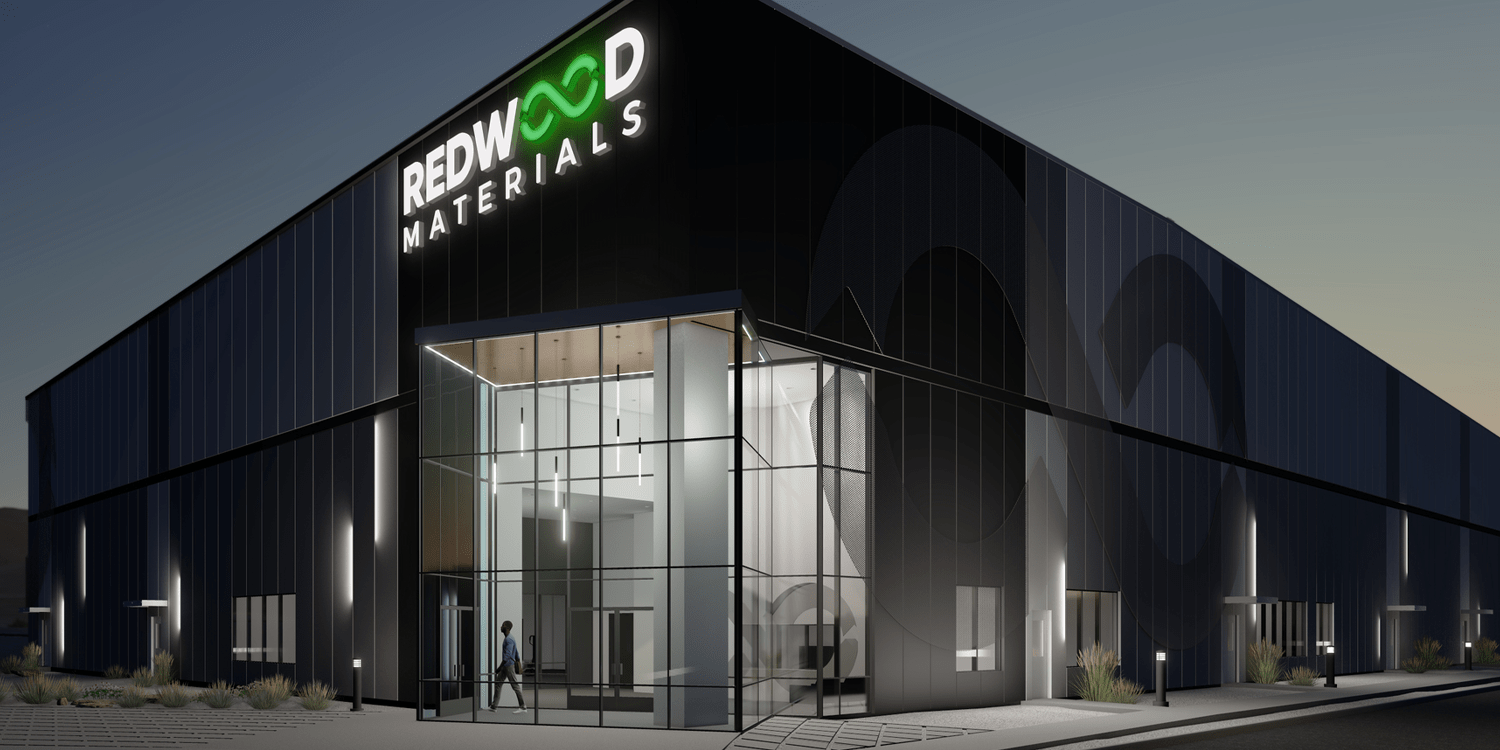BASF has launched its prototype metal refinery for battery recycling in Schwarzheide, Germany, aiming to refine processes for recycling raw materials from old batteries and production waste. The pilot plant will optimize technologies that will later be used in a larger recycling facility to recover valuable metals like lithium, nickel, cobalt, manganese, and copper, according to BASF. The company plans to construct a commercial-scale refinery in Europe in the coming years, although specifics on the location and timeline remain undisclosed.
The Schwarzheide site already houses BASF’s cathode material production, which the company touts as a hub for battery material production and recycling. The forthcoming battery recycling plant, set to commence operations later this year, will produce black mass, the end product alongside materials such as copper and aluminium, by mechanically shredding and processing used batteries and production waste on-site. The newly inaugurated metal refinery will break down this black mass into its individual components, the valuable active materials of the battery. These raw materials can then be reintroduced into new cathodes during cathode material production.
According to Dr. Daniel Schönfelder, President of BASF’s Catalysts division, which oversees the company’s battery materials and battery recycling business, “With the expected rapid growth of the electric vehicle market, battery recycling provides competitive and sustainable access to critical metals. We will use the extracted metals to enable a truly local circular economy for the battery value chain.”
BASF underscores the strategic importance of metal recovery for ensuring a reliable supply of essential battery raw materials. The company’s active involvement in battery recycling aligns with efforts to enhance Europe’s self-sufficiency and comply with the EU Battery Regulation. Moreover, batteries made from recycled materials offer greater sustainability, as recycled metals carry a significantly lower CO2 footprint.
However, BASF recently encountered setbacks in its battery material plans. The company has officially scrapped its precursor factory project in Finland, which was announced in 2018, and is now in negotiations with employees. The Finnish facility was intended to produce cathode material precursors from metal raw materials, which would then be processed into cathode materials in Schwarzheide. Due to severe delays in the Finland project, BASF began sourcing materials from other suppliers to ensure production in Schwarzheide is not compromised.


